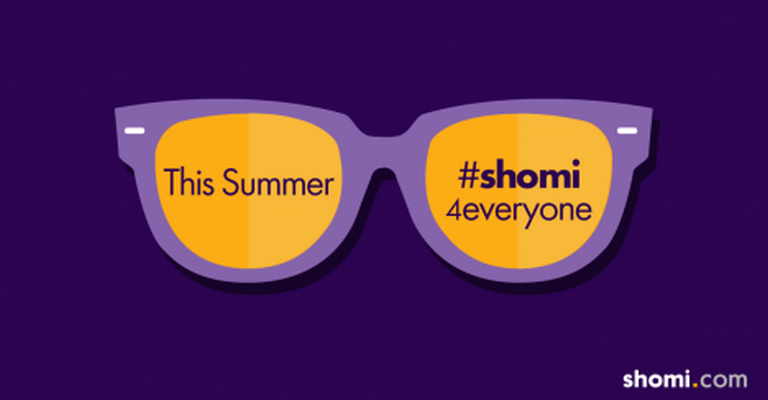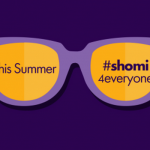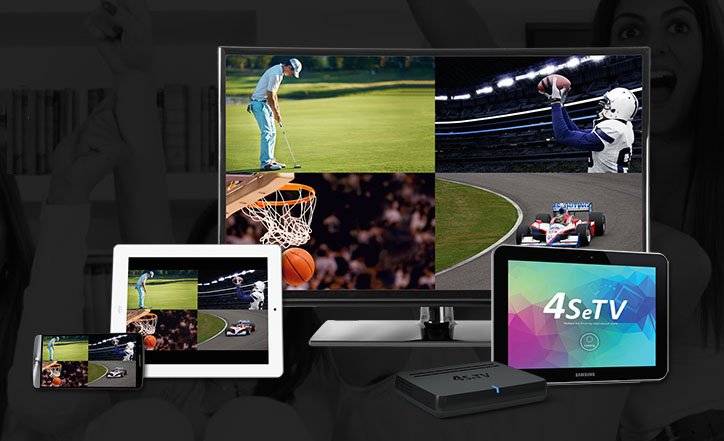 The research group iSuppli says while the iPad has met its lofty expectations and is likely to be a sales success for Apple, the jury is still out as to whether the tablet will define or redefine the technology market to the same degree the other products like Apple II, the Macintosh, the iPod and the iPhone have.
The research group iSuppli says while the iPad has met its lofty expectations and is likely to be a sales success for Apple, the jury is still out as to whether the tablet will define or redefine the technology market to the same degree the other products like Apple II, the Macintosh, the iPod and the iPhone have.
“In terms of features, product design, software and content, the iPad delivered on all its promises,” said Dale Ford, senior vice president at iSuppli.
“And at a starting price of $499, the product even exceeded expectations. However, with the iPad straddling multiple product categories and with the usage model for the product still unproven, it likely will be a number of quarters after shipments begin before whether we know the product will have a revolutionary impact on the technology world.”
The iPad seems to occupy a position somewhere between the smart phone, the e-reader and the netbook PC. “The question for Apple is what is the usage case for such a product?” said Dr. Jagdish Rebello, senior director and principal analyst iSuppli.
 “What does it do that other products don’t do—and what does it have that will make a large number of consumers want to buy the product?”
“What does it do that other products don’t do—and what does it have that will make a large number of consumers want to buy the product?”
According to the analysts, the killer app for the iPad appears to be delivery and presentation of content. “The iPad’s portability, built-in iPod, display, touch interface, wireless connectivity and powerful processor make it ideal for convenient viewing of all types of content, from photos, to videos, to music, to games, to e-books, to online newspapers,” they say.
Rebello claims that what Apple is trying to do with the iPad is to try and create a new market by stimulating new user behavior and new use cases. “So while the iPad might appear to compete with many existing products in specialized markets like eBooks, tablet PCs and PMP/MP3 players, the success of the produce is intrinsically linked to its capability to change consumer behavior,” he says.
“The iPad will be a game changer if it becomes the Trojan horse that changes the slowly dying print information business to an electronic information market,” said Egil Juliussen, principal analyst and fellow at iSuppli.
Analysts ensure that it’s not hardware that makes an electronic product different and unique. “The ingredients of Apple’s iPhone are similar to the other 1.1 Billion phones sold in 2009. What makes the iPhone so different, prompting sales of 8.7 million last quarter, is its unique usability, convenience and content,” they say.
 “The iPad has similar traits to the iPhone—being the right enabler at the right time” said Steve Mather, principal analyst for iSuppli.
“The iPad has similar traits to the iPhone—being the right enabler at the right time” said Steve Mather, principal analyst for iSuppli.
“For investors and corporate leaders, it’s all about identifying trends early, positioning for success. To this end, we believe an area centered on usability, convenience, and emerging content on the Internet, will prove increasingly relevant in the coming years. Furthermore, we believe Apple’s iPad will prove a unique enabling device, connecting new apps and content with emerging behavior trends.”
While many early reviews concluded the iPad is simply a bigger, faster iPhone, iSuppli believes it more closely resembles Apple’s iPod touch. The research group thinks this is because the iPad is available in a version that includes Wi-Fi as its exclusive wireless connection, the same as the iPod touch.
Because of this similarity, the initial total available market for the iPad may be similar to that of the iPod touch. During the first four quarters after its introduction, Apple sold a total of 8.3 million iPod touch units, according to iSuppli.
Over the longer term, the iPad will benefit from Apple’s large and loyal customer base, as the analysts claim.
“The iPad’s success is expected to be substantial because a significant portion of the 200 million plus users of iPhones, iPods and Macintoshes will want one,” Juliussen added.
Related articles
The Apple iPad is Here
Is an iPad a Revolutionary Device?





 Just one day after
Just one day after  Taiwan Semiconductor Manufacturing Company (
Taiwan Semiconductor Manufacturing Company (



 According to the analysts, the challenge for HP is to develop an ecosystem around a platform that will be able to compete with the centralized apps store Apple has created. That also means garnering support from leading developers in order to get the right apps and features available for multi-platform mobilized devices.
According to the analysts, the challenge for HP is to develop an ecosystem around a platform that will be able to compete with the centralized apps store Apple has created. That also means garnering support from leading developers in order to get the right apps and features available for multi-platform mobilized devices.  The research group
The research group  “What does it do that other products don’t do—and what does it have that will make a large number of consumers want to buy the product?”
“What does it do that other products don’t do—and what does it have that will make a large number of consumers want to buy the product?” “The iPad has similar traits to the iPhone—being the right enabler at the right time” said Steve Mather, principal analyst for iSuppli.
“The iPad has similar traits to the iPhone—being the right enabler at the right time” said Steve Mather, principal analyst for iSuppli.